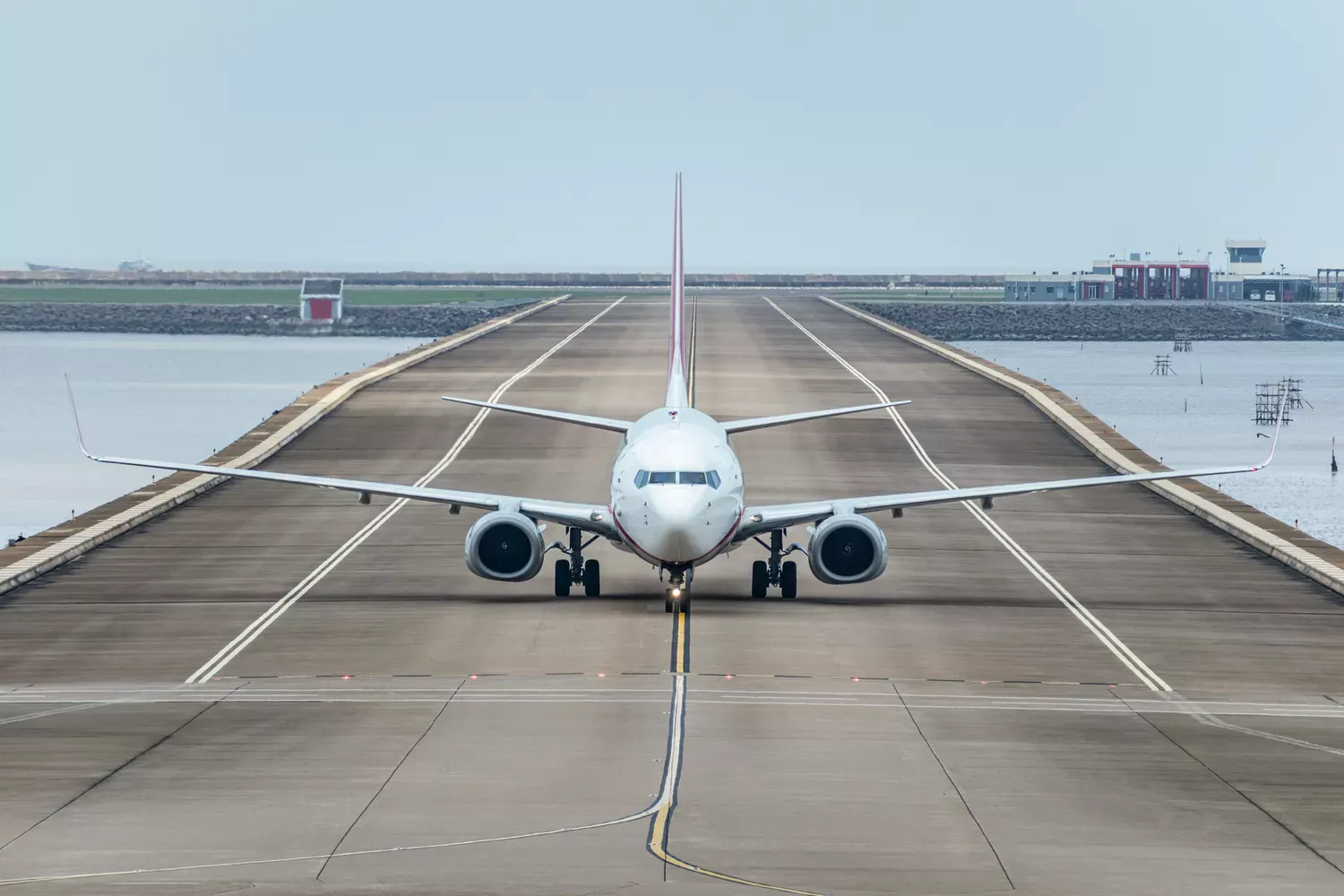Last-minute flight prices surge due to high demand from business travelers and urgent situations, coupled with limited availability. Airlines exploit this inelasticity. To save, be flexible with airports and dates. Consider budget airlines, check nearby airports, or utilize flight comparison websites for hidden deals and last-minute deals despite the general trend. Consider booking red-eye flights or connecting routes.
Ever frantically searched for a flight just days (or even hours!) before you need to be somewhere, only to be greeted with prices that seem astronomically high? You're not alone. The phenomenon of expensive last-minute flights is a common source of travel frustration. But what exactly causes these price surges, and, more importantly, is there anything you can do to avoid them?
Why Do Last-Minute Flight Prices Skyrocket?
The pricing of airline tickets is a complex dance between supply, demand, and sophisticated algorithms. Several key factors contribute to the inflated costs of last-minute air travel:
Limited Seat Availability: As the departure date nears, the number of unsold seats dwindles. Basic economics dictates that when supply decreases and demand remains constant or increases, prices rise. Airlines know that those who book at the last minute often have urgent travel needs and are less price-sensitive.
Business Traveler Demand: Business travelers frequently book flights at the last minute due to unforeseen meetings, urgent projects, or client visits. These travelers often have less flexibility and are more willing to pay a premium, as their employers often cover the costs. Airlines target this market segment by keeping prices higher for last-minute bookings.
Fare Class Hierarchy: Airlines typically sell tickets in different "fare classes," with each class corresponding to a specific price point and set of restrictions (e.g., change fees, baggage allowance). Cheaper fare classes are sold first. As the flight fills up, only the more expensive fare classes remain available. By the time you're booking at the last minute, only the highest fare classes are left.
Yield Management Systems: Airlines employ sophisticated computer systems known as yield management systems, or revenue management systems. These systems constantly analyze booking patterns, demand forecasts, competitor pricing, and other data to dynamically adjust flight prices. They are designed to maximize revenue by predicting how many seats will be sold at different price points. The closer you get to the departure date, the more aggressively these systems will push prices upward, especially if the flight is expected to be full.
Psychological Pricing: There's also a psychological element at play. Airlines understand that people booking at the last minute are often in a stressful situation and are less likely to spend as much time comparing prices. They may be more willing to accept a higher price simply to secure a seat and alleviate their travel anxieties.
Strategies to Save on Last-Minute Flights (Yes, It's Possible!)
While booking in advance remains the best strategy for securing cheap flights, there are still ways to potentially save money when booking at the last minute:
Be Flexible with Airports: Consider flying into or out of alternative airports near your destination. Smaller, regional airports often have lower fares, even at the last minute.
Explore Different Dates: Even shifting your departure or return date by a day or two can sometimes make a significant difference in price. Use flexible date search tools on airline websites or online travel agencies.
Consider Budget Airlines: Budget airlines often have lower base fares than traditional airlines, even for last-minute bookings. Be mindful of extra fees for baggage, seat selection, and other amenities.
Search for One-Way Flights: Sometimes, booking two separate one-way flights from different airlines can be cheaper than booking a round-trip ticket, especially at the last minute.
Use Incognito Mode or Clear Your Cookies: While the extent to which this works is debated, some believe that airlines track your searches and may increase prices if they see you repeatedly searching for the same flight. Clearing your cookies or using incognito mode can potentially avoid this.
Set Up Fare Alerts: Use apps or websites that track flight prices and send you alerts when prices drop. This can be particularly useful if you have some flexibility in your travel dates.
Take Advantage of Reward Points or Miles: If you have accumulated airline miles or credit card reward points, now might be the perfect time to use them. Redeeming points can significantly reduce the cost of a last-minute flight.
Consider Connecting Flights: Non-stop flights are usually more expensive, especially at the last minute. Opting for a flight with one or more layovers can often save you money.
Check for Package Deals: Sometimes, bundling your flight with a hotel or car rental can be cheaper than booking them separately. Check travel websites for package deals.
Last-Minute Flight Savings: A Quick Comparison
To illustrate the various strategies, here's a comparative table:
Strategy |
Description |
Potential Savings |
Considerations |
|---|
Airport Flexibility |
Fly into/out of smaller, nearby airports. |
Significant (up to hundreds of dollars) |
Increased travel time to/from final destination. |
Date Flexibility |
Adjust departure/return dates by a day or two. |
Moderate to significant |
Requires schedule adaptability. |
Budget Airlines |
Consider low-cost carriers. |
Moderate (often base fare is lower) |
Extra fees for baggage, seats, etc. |
One-Way Flights |
Book two separate one-way tickets. |
Moderate (can be cheaper than round-trip) |
May require more research and booking effort. |
Reward Points/Miles |
Redeem accumulated points/miles. |
Significant (can cover the entire cost) |
Requires prior accumulation of points/miles. |
Connecting Flights |
Opt for flights with layovers. |
Moderate (non-stop flights are premium) |
Longer travel time, potential for missed connections. |
Ultimately, avoiding the high cost of last-minute flights requires planning and flexibility. While sometimes unavoidable, understanding the factors driving up prices and employing these strategies can significantly increase your chances of finding a more affordable flight, even at the very last minute. Good luck and happy travels!


















